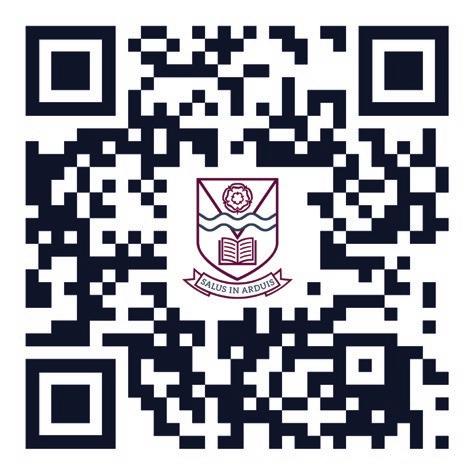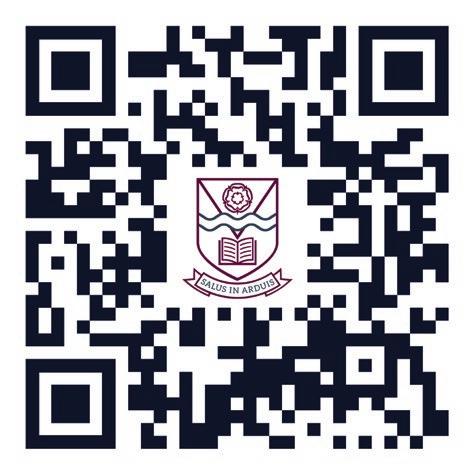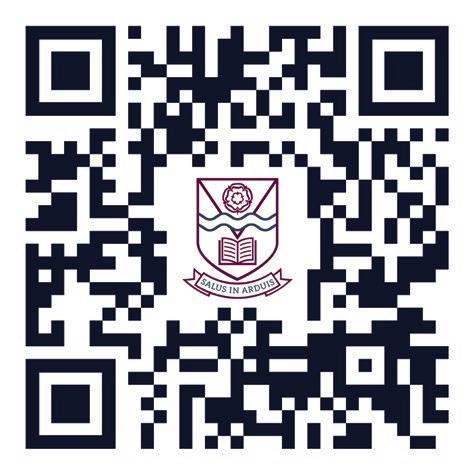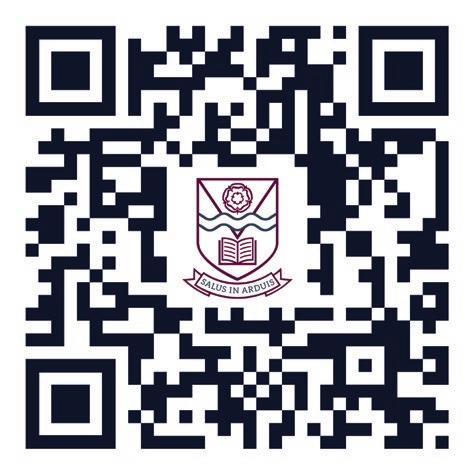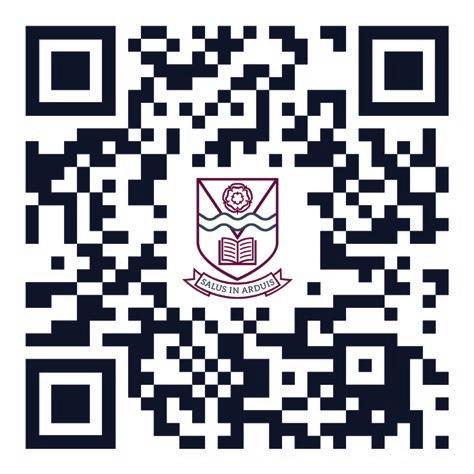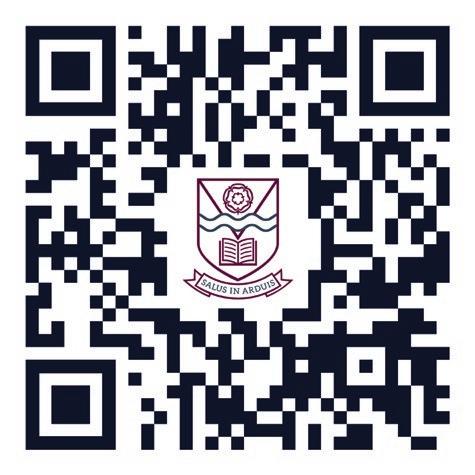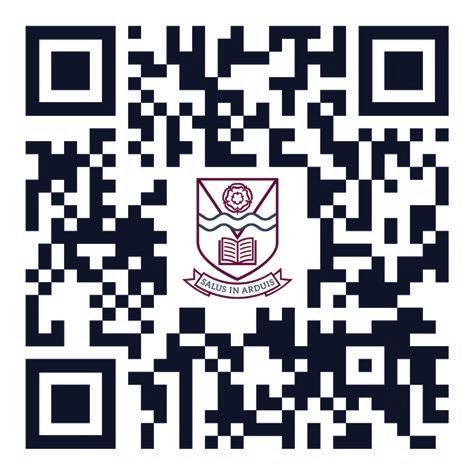
2 minute read
Computer Science
Digital technologies are of growing importance in the world with exciting developments in artificial intelligence, virtual reality and quantum computing among others. With new technologies there will be an even bigger demand for professionals who are qualified in this area. If students want to go on to higher study and employment in the field of Computer Science, they will find that this course provides an excellent stepping stone and combines especially well with subjects like Physics and Mathematics. Students who study Computing include the following career opportunities: Information Systems Designer, IT Consultant, Cyber-Security Expert, Systems Analyst, Programmer, Web developer, Games Designer/Developer and many more.
Aim of the Course
The key aims of the Computer Science A Level course are to:
• Provide an in-depth understanding of how computer technology works, the components that make up digital systems, and how they communicate with one another and with other systems • Provide a broad range of programming skills including abstraction, decomposition, logic, algorithms, and data representation • To analyse problems in computational terms through practical experience of solving such problems, including designing, writing and debugging programs • To understand the mathematical skills used to express computational laws and processes, e.g. Boolean algebra/logic and comparison of the complexity of algorithms • To think creatively, innovatively, analytically, logically and critically • To understand the impacts of digital technology to the individual and to wider society • The ability to apply mathematical skills relevant to Computer Science • To develop critical thinking, analysis and problem-solving skills through the study of computer programming
Exam Board: OCR Assessment: 80% Written Examination 20% Project Based Assessment
The OCR Computer Science A Level is a linear course with three assessed components tackled over two years of study. Units 01 and 02 are assessed externally in an examination at the end of second year, whilst Unit 03 is a project that will be undertaken during the latter stages of Year 12.
H446/01: Computer Systems (examination: 3hrs) – 40%
This unit covers the course theory such as the use of binary, the representation of data within a computer, the function of commonly used hardware and software and the legal, moral cultural and ethical issues involved when developing software.
H446/02: Algorithms and Programming (examination: 3hrs) – 40%
This unit is primarily concerned with learning to program, introducing programming languages such as Python, C++ and Visual Basic.
H446/03: Programming Project (Project Based) - 20%
The student will choose a computing problem, analysing the problem before designing, developing and evaluating their solution.


